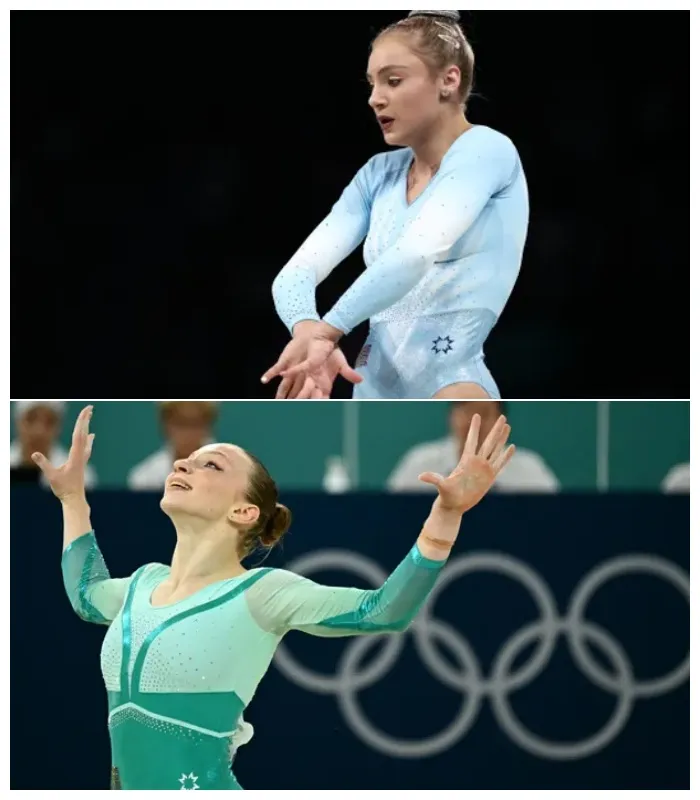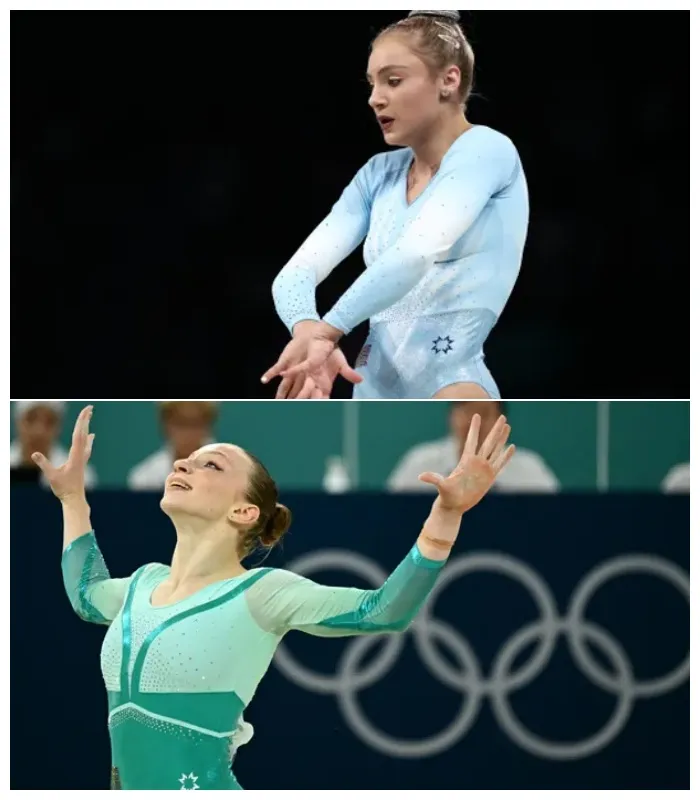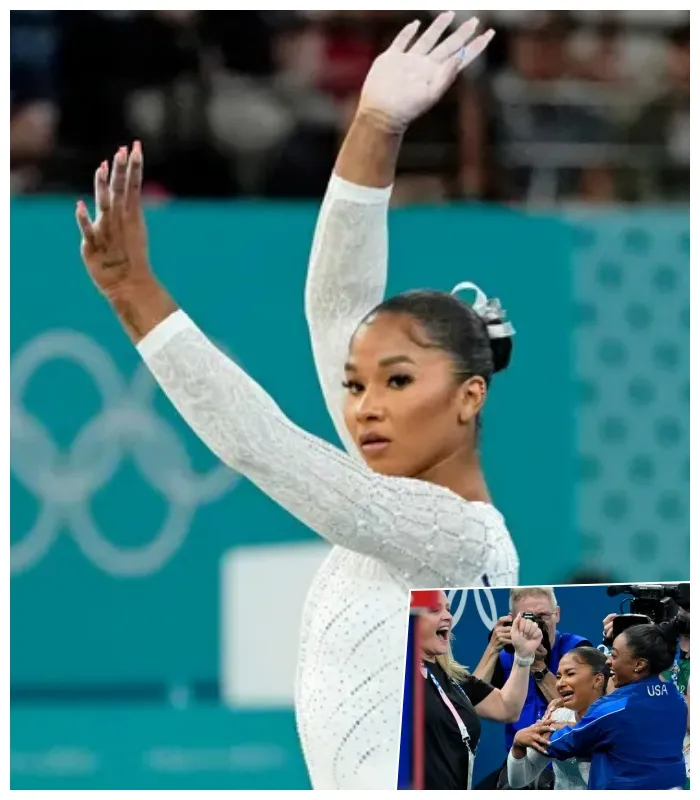Romanian Gymnast Sabrina Maneca – Voinea Fights for Bronze Medal in Olympic Floor Final

The controversy over the bronze medal in the floor exercise final at the 2024 Paris Olympics continues to unfold, with Romanian gymnast Sabrina Maneca-Voinea and the Romanian Gymnastics Federation escalating the matter to the Swiss Federal Tribunal. The appeal comes in response to the Court of Arbitration for Sport’s (CAS) decision earlier this month, which dismissed Voinea’s claim that she was unfairly penalized 0.10 points for allegedly stepping out of bounds during the floor exercise final.

This ongoing case has drawn international attention, not least because American gymnast Jordan Chiles was controversially stripped of her bronze medal on the last day of the Paris Olympics. Both USA Gymnastics and the U.S. Olympic and Paralympic Committee have also indicated plans to appeal to the Swiss Federal Tribunal, arguing procedural errors by CAS and presenting video evidence that disputes the basis of the CAS ruling.
Table of Contents
ToggleBackground of the Controversy
The floor exercise final on August 5 initially saw Chiles finishing in fifth place with a score of 13.666, behind Romanian gymnasts Ana Barbosu and Sabrina Maneca-Voinea, both of whom scored 13.7. Barbosu secured a higher position due to a superior execution score. However, an appeal by Chiles’ personal coach, Cecile Landi, who also served as the U.S. coach during the Paris Games, argued that Chiles had not received full credit for a tour jete, a leap in her routine.
A review panel agreed with Landi’s appeal, awarding Chiles an additional 0.100 points, which elevated her score and placed her ahead of both Romanians, moving her into third place. The Romanian Gymnastics Federation subsequently filed an appeal with CAS on August 6, challenging the timing of Chiles’ appeal. CAS ruled on August 10 that Chiles’ appeal had been submitted four seconds too late, instructing the International Gymnastics Federation to adjust the standings accordingly.
Romanian Gymnast’s New Appeal
The next day, the International Olympic Committee (IOC) ordered the reallocation of Chiles’ bronze medal to Ana Barbosu. Despite USA Gymnastics claiming they possess video evidence proving that Landi’s appeal was submitted on time, the IOC considered the matter resolved, awarding Barbosu the bronze medal on August 9.
Voinea and the Romanian Gymnastics Federation, however, argue that the entire issue could have been avoided if not for the 0.10-point deduction Voinea received for allegedly stepping out of bounds. Replays reportedly show that Voinea did not go out of bounds. If the 0.10 deduction were removed, Voinea’s score would rise to 13.8, placing her ahead of both Chiles’ original and revised scores, as well as Barbosu.
Voinea’s initial appeal during the competition focused on her difficulty score, not the out-of-bounds deduction. When Romania brought this issue before CAS, the tribunal dismissed the appeal, citing it as a “field-of-play” decision. CAS maintained that such decisions, based on the judgment of the referee, should not be subject to review or second-guessing.

What’s Next?
The decision by Voinea and the Romanian Gymnastics Federation to take their case to the Swiss Federal Tribunal marks the latest development in this convoluted saga. As both Romania and the United States seek justice for their athletes, the situation underscores the complexities involved in gymnastics scoring and the challenges in ensuring fairness and accuracy.
For Voinea and her supporters, the outcome of this appeal could vindicate their belief that she was wrongfully denied a higher score. Meanwhile, for Jordan Chiles, this case highlights the precarious nature of athletic competitions, where decisions made in mere seconds can alter the course of an athlete’s career.
As these appeals progress, the gymnastics community and fans worldwide will be watching closely, hoping for a resolution that honors the integrity of the sport and the athletes who dedicate their lives to it.






